Is Watercolor Painting Good For Beginners? (You’ll Be Surprised!)
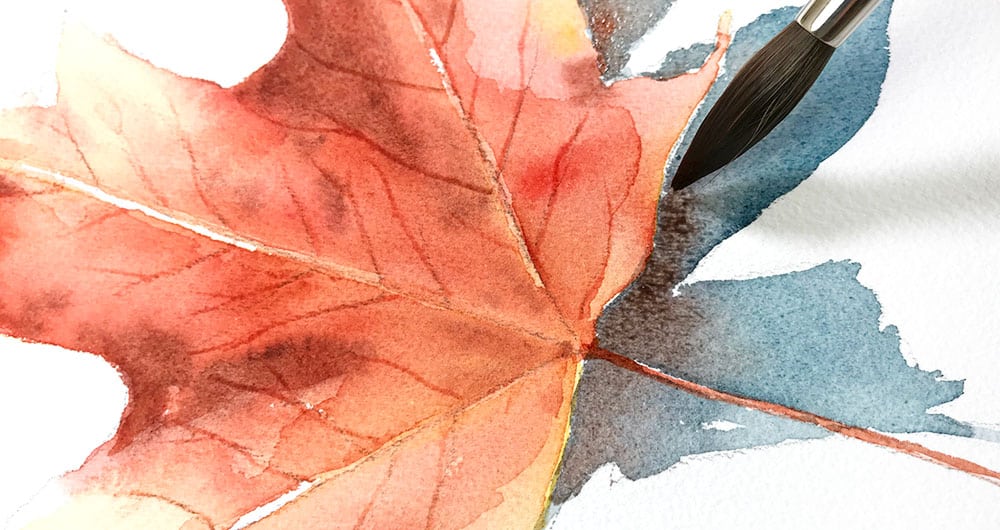
Are you wondering, “Is this watercolor painting thing for me”? In this article, I’ll do my best to put you straight…
Yes…
Ok… that’s the very short answer. But maybe you need a bit more convincing?
I’m a fan of watercolor. As you can probably tell from the name of my site 🙂
So perhaps you think I have a biased opinion. But after years of painting with watercolors, I think I can give you a realistic overview of this medium.
Is watercolor good for beginners?
Yes, watercolor is ideal for beginner artists. Despite having some characteristics that can cause newcomers some problems, this medium is accessible to artists of any skill level, it’s fun to use, and great results can be obtained quickly.
You may have heard that watercolor is challenging to master.
To some extent, that is true. Watercolor can be a bit… hmmm… unpredictable.
The medium of watercolor may seem daunting and tricky at first, but it really isn’t. After painting in watercolors for many years, I’ve always found it a constant source of pleasure.
The techniques you need to learn to paint with this beautiful medium are relatively easy to pick up. You just need some background knowledge about watercolors and some practice… (and perhaps a bit of guidance).
Watercolor remains one of the most popular art mediums for newbies, and plenty of good reasons exist for this.
Let me explain…
Why is watercolor good for newbies?
Here are some of the reasons why many newcomers prefer to start with watercolor:
- Watercolors are fast drying. This makes the painting process relatively quick. You can start and finish a painting in just a few minutes. Laying down large washes of color is more straightforward than some other mediums, thus providing fast results. And there is little waiting time between applications of paint.
- It’s relatively affordable. You only need a small amount of equipment to get started with watercolors. Some paper, a couple of brushes, and a handful of paints are all you need. You can produce a wide range of colors with a limited paint palette (for example, follow my recommendations here). This low cost makes watercolor a very appealing medium.
- Watercolor painting is clean. Painting with this medium isn’t messy, and the paints are non-toxic. Tidying up is quick and easy.
- Watercolors are portable. A palette and a pad of paper or sketchbook are highly portable. So you can set yourself up to paint almost anywhere and take your painting equipment to any location. Watercolors are among the most popular mediums for “plein air” outdoor painting.
- Takes up little space. Similarly, the compact nature of watercolors makes it simple to improvise a place to paint. You can set up your paints easily with little preparation. The kitchen table or a small office space can become a “studio” with little fuss.
- There are lots of learning resources available. Learning watercolor online or offline is easily accessible. There are plenty of books or courses on this subject and plenty of inspiration too 🙂 For example, you’ll find loads of painting ideas here on my blog and my Youtube channel (if you want to jump right in – check out my masterclass course for beginners).
- Provides a relaxing moment in your daily life. This can be said for many types of art practice, but watching watercolor spread and produce unique textures on the paper is always surprising and enjoyable. And if something is enjoyable, you’ll return and do it more often!
- Watercolors are easily combined with other mediums. Watercolor paint can be the basis for many mixed-media styles of artwork. You can easily combine it with pens, gouache, colored pencils, etc. In this respect, it’s less limiting than other ways of painting.
As you can see, watercolors have plenty of advantages, making them an ideal choice for beginners.
Once you decide to get going, you’ll be captivated! This will put you on the path to developing the skills you need.
Is it hard to learn watercolor painting?
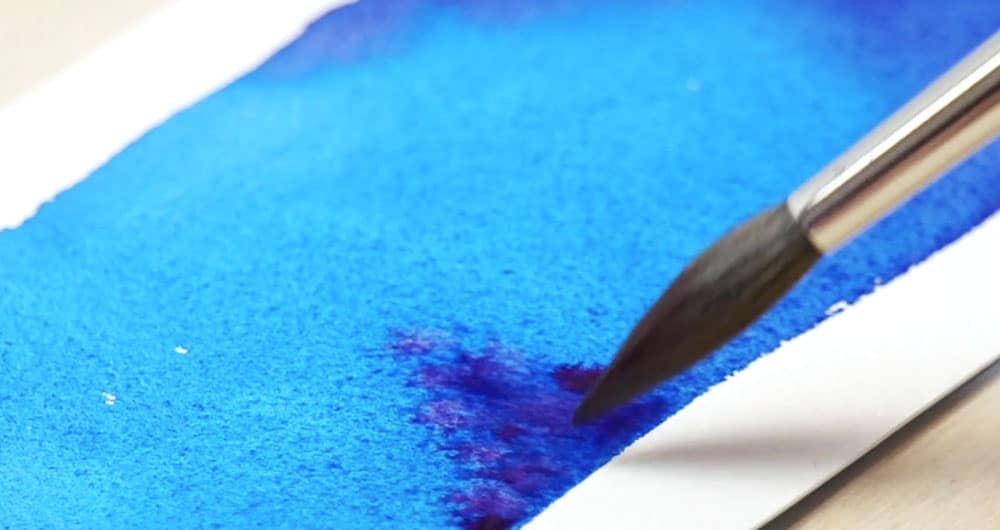
The unpredictable nature of watercolor paints makes them seem difficult to learn. But once you understand the underlying characteristics, watercolor is no more difficult than other painting mediums. And it has many advantages.
Watercolors have a bit of a shady reputation in the art and hobby world 🙂
Often watercolors are reputed to be hard to learn, but this stems from a need for more understanding of the basic principles of this medium.
The key to learning watercolor is:
- Learn to control the paint
- Then you have to learn to let go!
I know this sounds contradictory!
But hear me out…
The watery disposition of the paint produces some unexpected results. For example, watercolor flows effortlessly into a damp paper surface. Pigments expand into wet washes. And the drying time sometimes makes it tricky to adjust your brush marks before they become (almost) permanently fixed to the paper.
On top of this, watercolors are transparent, so all your first attempts at brush marks are visible in the end result.
But with a bit of practice, the fantastic soft blends and textures that watercolor creates will become an ally. Then, when you know what to expect, you can embrace the watery character of the paint with beautiful results!
So you need to:
- learn what to expect from the paint
- learn to control this medium’s quirks,
- then embrace and incorporate the unique effects into your work.
Overall, watercolor paints are fun to experiment with. There are lots of styles, and this medium can be very expressive.
Tips for getting started with watercolor painting
- Paint regularly. The more you practice, the deeper your understanding of watercolor’s unique characteristics. Regularity leads to accumulated skills and more success.
- Reduce your expectations. Expect to get things wrong. Every time you paint, even with mistakes, is a step towards progress.
- Don’t try to do paintings that are too difficult in the beginning. You might be tempted to paint many different things that inspire you, but trying to paint something too complex can lead to frustration.
Choose your subjects for their simplicity at first. If you want some inspiration about how to begin, you’ll find some suggestions from my blog here:
Have fun!

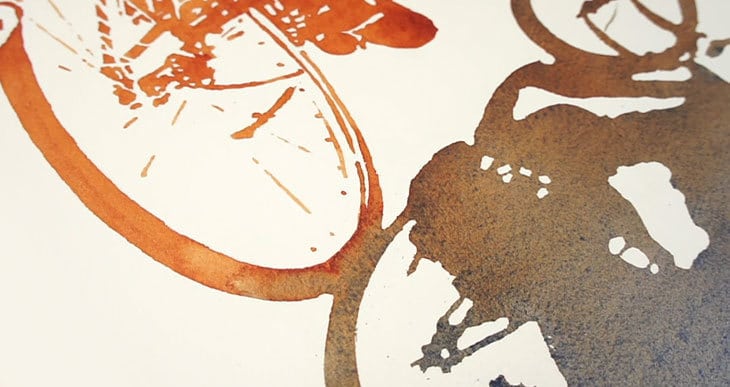
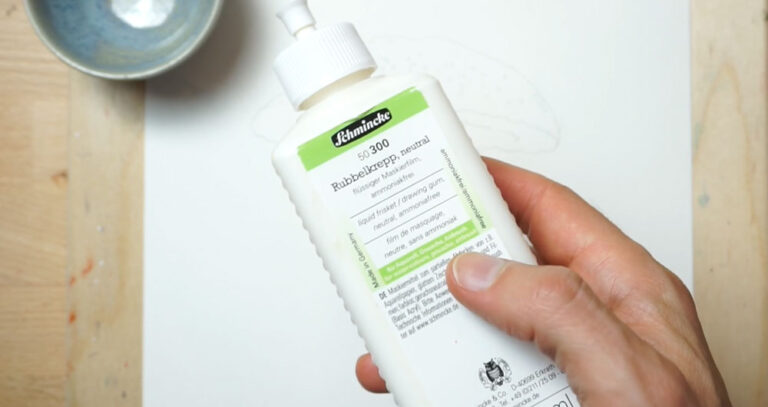
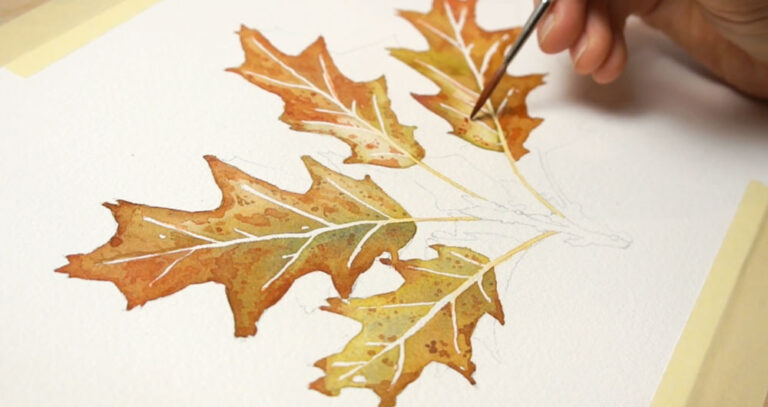
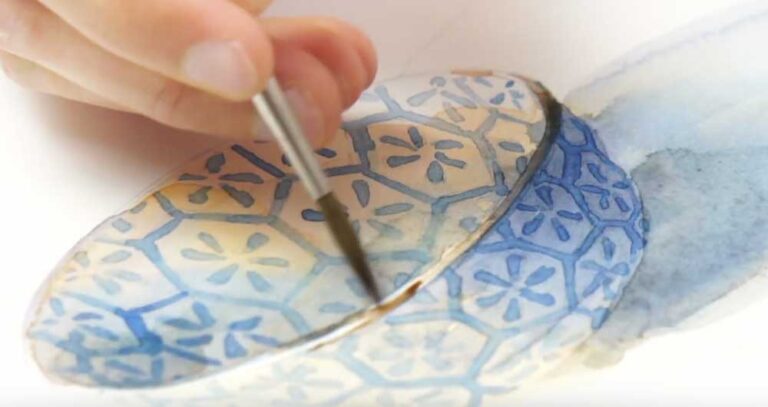
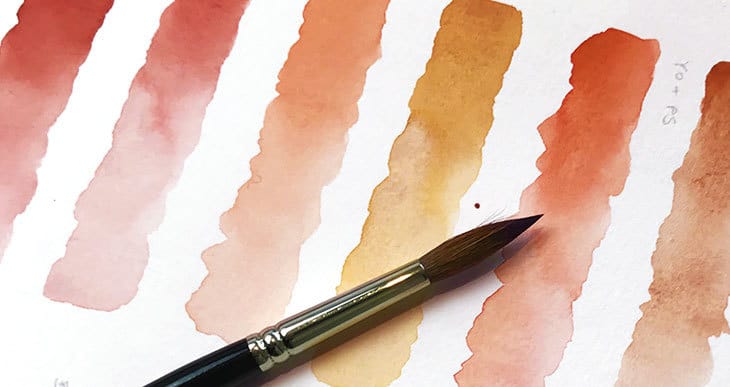
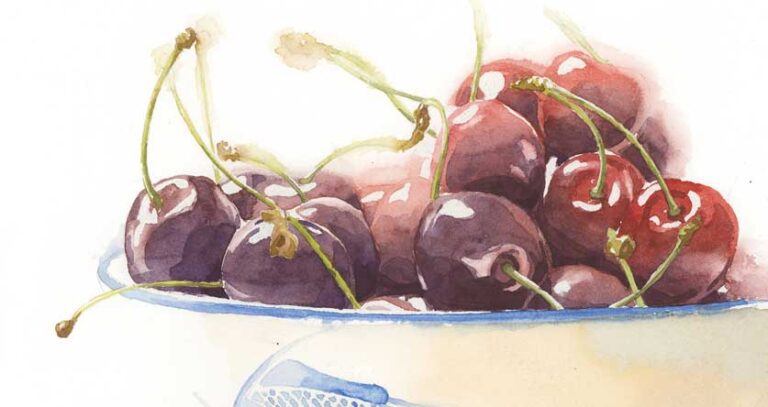
Thinking of starting painting… and i have never tried it before, thanks for the advices
Happy to help Rosa